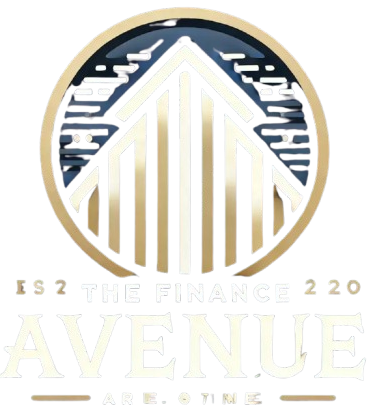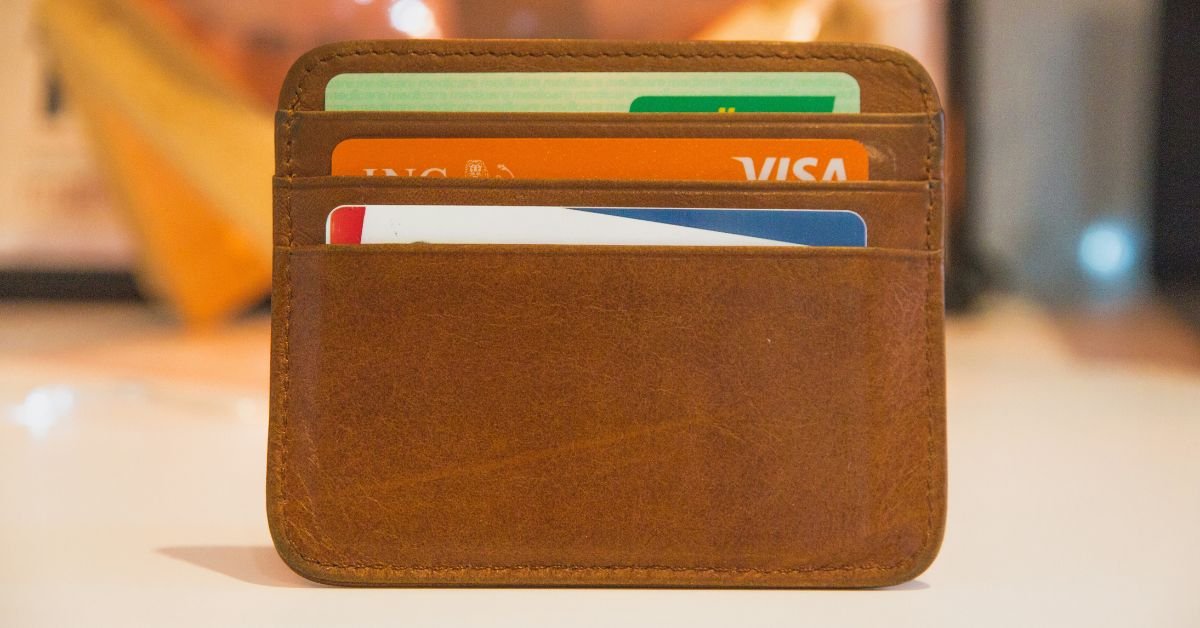Banking

All About Banking
Frequently Asked Questions
Yes, many brokerages have no minimum account size and will offer zero-commission trading, allowing you to begin investing with even very small amounts. In fact, now with many brokers offering fractional shares, you can invest in stocks even if their share price is over $1000.
While there are many ways to invest in stocks, one of the easiest and best ways for beginning investors to do so is to open up a retirement account with a discount broker. These accounts have tax advantages when saving for retirement and many different brokers have ones that cost little or even nothing to have.
While you can’t invest with zero money, you can invest with very little. Many stock brokers offer accounts with no minimum balance and no trading commissions so almost any amount you add to your account can be used to invest.
You should invest because investing allows your savings to go farther than they otherwise would. Simply holding your savings as cash means it will just sit and be slowly diluted by inflation, whereas even in the safest investments it will earn some money for you, building on itself.
As soon as you can afford to. Because investment returns compound, that is, the money you earn from investing then earns money, the sooner you begin investing, the more time you give for this process to work.
In the U.S. stock markets major exchanges such as the New York Stock Exchange (NYSE) and Nasdaq are open from 9:30 .a.m to 4.p.m Eastern Time. However, this varies around the world depending on what exchange you’re looking at and whether that day is a holiday.
Key Terms
Deposit
Defination
A deposit with a bank refers to money held by the financial institution in a customer account. Deposits are held by banks for safekeeping and typically earn interest depending on the type of account.
Checking Account
Defination
A checking account is a type of bank account held at a financial institution that permits withdrawals and deposits on a daily transactional basis. Checking accounts are also known as demand deposit accounts because they are highly liquid and can be accessed by writing checks, withdrawing or depositing funds with automated teller machines, and by debit card transactions.
Personal Loan
Defination
A checking account is a type of bank account held at a financial institution that permits withdrawals and deposits on a daily transactional basis. Checking accounts are also known as demand deposit accounts because they are highly liquid and can be accessed by writing checks, withdrawing or depositing funds with automated teller machines, and by debit card transactions.








